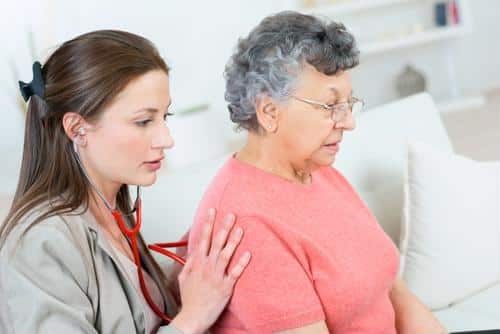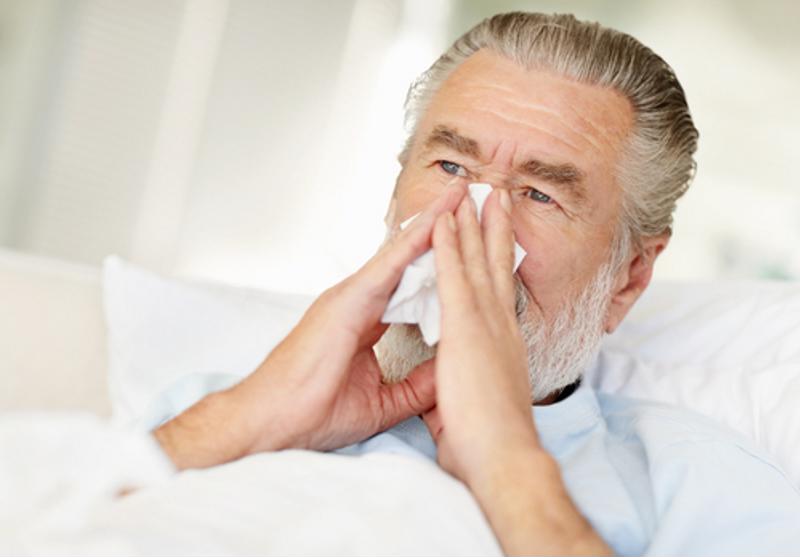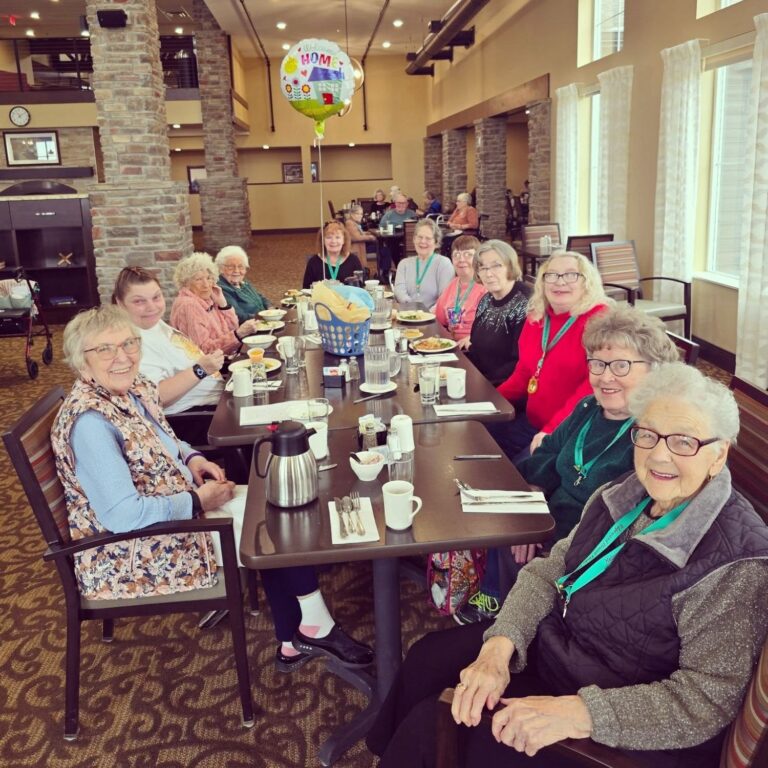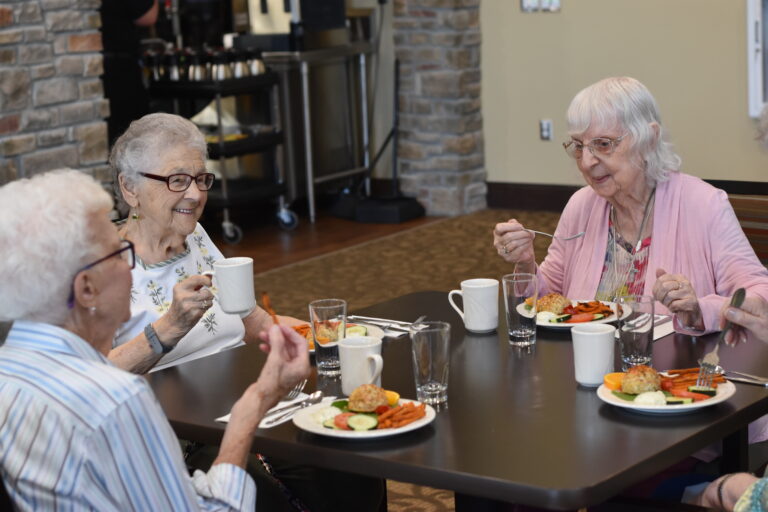
Are you one of those people who avoid the doctor? Many individuals fear the hospital or don’t want to interrupt their lives to attend an appointment. While a regular cold may require only rest and fluids, more serious symptoms and issues will involve a trip to the doctor.
If you’re not a fan of physicians, keep an eye out for these five signs that you should go to the hospital:
1. A High Fever
A normal body temperature is about 98.6 degrees Fahrenheit. It’s not uncommon for people to run a little higher or lower. However, if you have a fever that reaches 100 or higher, you may have a serious infection that requires medical attention. Pneumonia, for example, can present itself with a fever and lung issues, cough, and chills. Your body may try to remove the infection by raising your internal temperature. Call your regular physician to discuss these symptoms and a temp over 100 degrees.
Find Senior Living Near Me
2. Sudden Changes
If you suddenly feel super emotional, have slurred speech or vision troubles, or cannot properly use your limbs, you should see a doctor. These can be signs of a stroke or a blood clot that affects your brain and can be deadly if not treated. Sudden shortness of breath is another important sign to look for. Tightness or pressure in your chest may indicate a heart attack or other cardiac issue that requires medical attention.
 A senior cold that lasts longer than a week may indicate something more serious.
A senior cold that lasts longer than a week may indicate something more serious.3. Common Colds that Last Over a Week
Seniors are some of the most susceptible people to colds and viruses. It’s normal for a regular cold to last about a week. See your physician if you have symptoms like coughing, wheezing, or a drippy or stuffy nose that don’t improve after seven days. You may have a bacterial infection that requires antibiotics or other treatment and will not go away on its own.
4. Chest Pain
Although you may hear more about middle-aged individuals having heart attacks, seniors may experience cardiac incidents as well. Chest pain is a common indicator. The National Institutes of Health noted that promptly treating a heart attack is crucial to limiting damage to the heart and preventing death. Call 911 in the event that you experience sudden chest pain. It is unsafe to drive yourself or even have someone else drive you to the hospital as you may need faster medical assistance.
5. Skin Changes
Seniors are also at risk of skin infections because the outer layer of their skin is thinner and more susceptible to breakage. A tiny paper cut could turn into a serious drug-resistant infection if it becomes infected and goes untreated. A small cut isn’t reason enough to go to the doctor, but you may need to go in if you notice puss or discoloration.
If you are still unsure if you need to see a doctor, speak with a nurse in your assisted living community or call your regular physician. These professionals can provide their opinions on possible causes of the issue and recommend further treatment options like going to the hospital.




